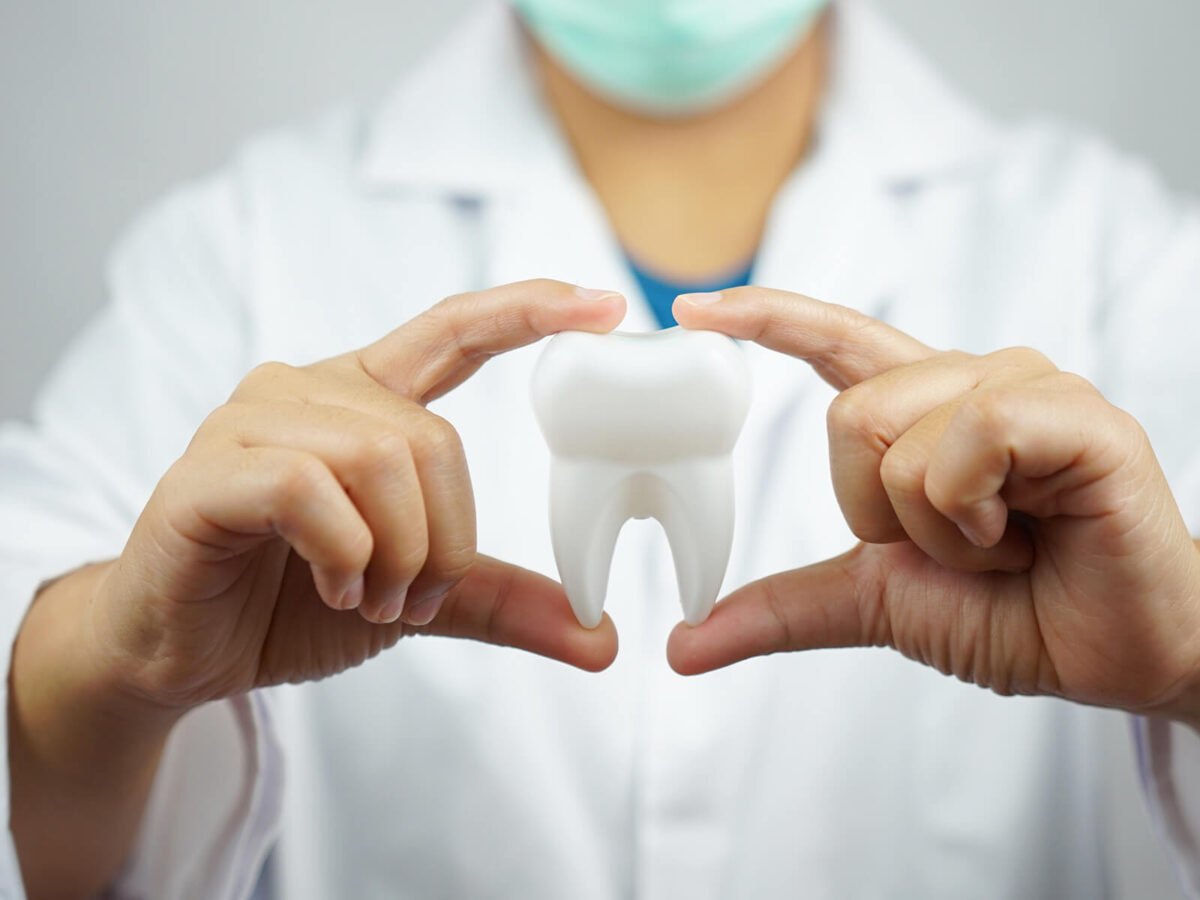Blog
Dental hygiene tips for healthy teeth & gums

4 Ways to Achieve Optimal Oral Health with Regular Dental Visits
One area that is often overlooked in the pursuit of overall wellness is oral health. However, our oral health plays an important role in our ability to eat and speak and our overall quality of life. Achieving optimal oral health goes beyond just brushing and flossing; it requires a holistic approach that considers the various factors contributing to root canal health. In this article, we’ll explore four important strategies for achieving and maintaining good oral health, with a focus on the significance of regular dental care. From good oral hygiene practices to food choices, to preventive care, and more, these strategies will help you achieve a healthy smile and preserve oral health.
Tips to Achieve Optimal Oral Health
Here are 4 common but important tips to maintain optimal oral health:
- Practice Proper Oral Hygiene:
Effective oral hygiene is the foundation of good dental health. Using a soft toothbrush, brush your teeth with fluoride toothpaste at least twice a day. Pay close attention to how you brush your teeth, and make sure you go over both teeth and gums. In addition, don’t forget to floss daily to remove plaque and food particles between your teeth that your toothbrush can’t reach. Proper oral hygiene prevents plaque buildup, reduces gum disease risk, and improves oral health. - Consume a Balanced Diet:
What you eat greatly affects your oral health. Use a balanced diet with plenty of vegetables, fruits, lean proteins, and whole grains. In addition, make it a point to limit sugary foods and drinks. They can cause tooth decay and other dental diseases. Also, stay hydrated by drinking plenty of water throughout the day, as water helps flush out digestive particles and maintain bone density, which is important for acid neutralization and the breakdown of sugars and tooth protection. A healthy diet supports healthy gums and reduces the risk of dental problems. - Make Regular Dental Visits a Priority:
Regular dental visits are essential for optimal oral health. Schedule appointments and cleanings with your dentist every six months or as recommended by your oral health care provider. During these visits, your dentist will perform a comprehensive oral examination, including checking for signs of dental issues such as tooth decay, gum disease, and oral cancer. Regular dental visits ensure that dental problems are detected early and treated in a timely manner, preventing them from escalating into more severe issues. - Discourage Harmful Behavior:
Certain habits can be harmful to your oral health and should be avoided. Avoid smoking and using tobacco products, which can lead to gum disease, oral cancer, and tooth decay. Limit alcohol intake, as excessive alcohol consumption can lead to oral health problems such as dry mouth and oral cancer. In addition, avoid using your teeth as a tool to open packages or touch hard objects, as this can cause damage or injury to your teeth. By avoiding bad habits, you can protect your oral health and maintain a healthy smile for years to come.
Wrapping Up
Optimal oral health requires a good oral hygiene routine, a balanced diet, regular dental visits/checkups, and avoiding harmful habits. By using these four basic strategies discussed above, you can support healthy teeth and gums, reduce the risk of dental problems, and enjoy good oral health for a lifetime. Make routine dental visits a priority to keep your smile healthy and bright.


